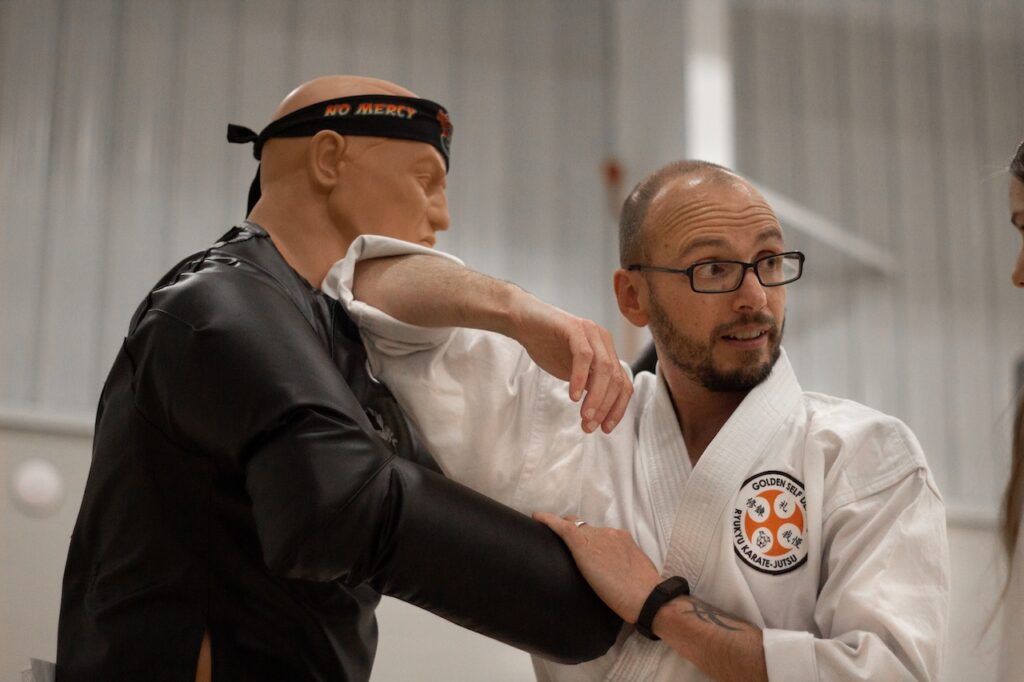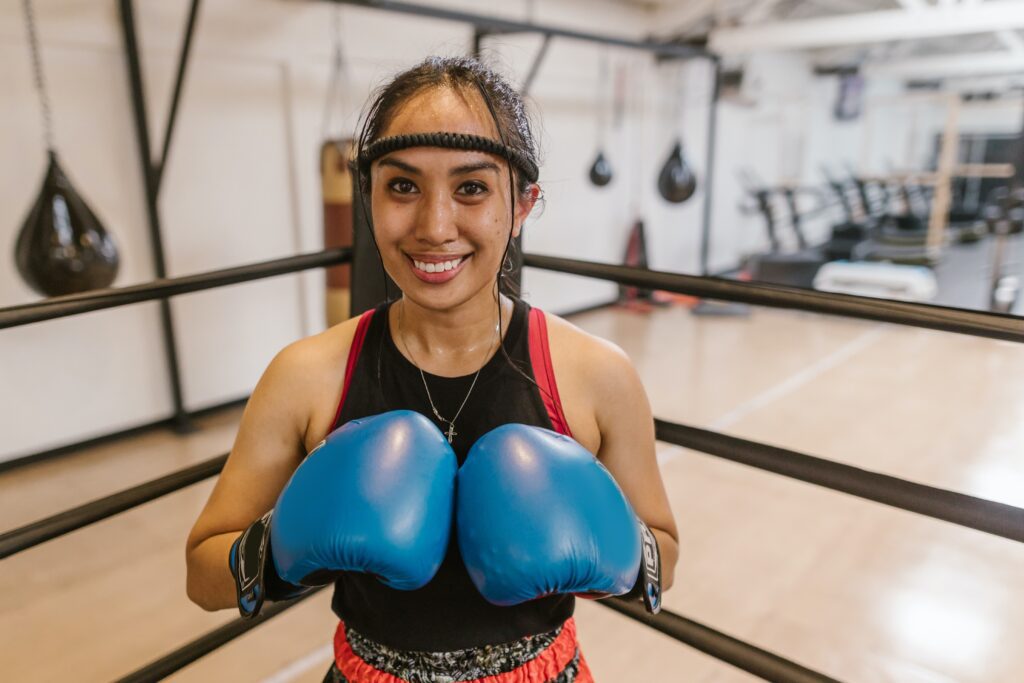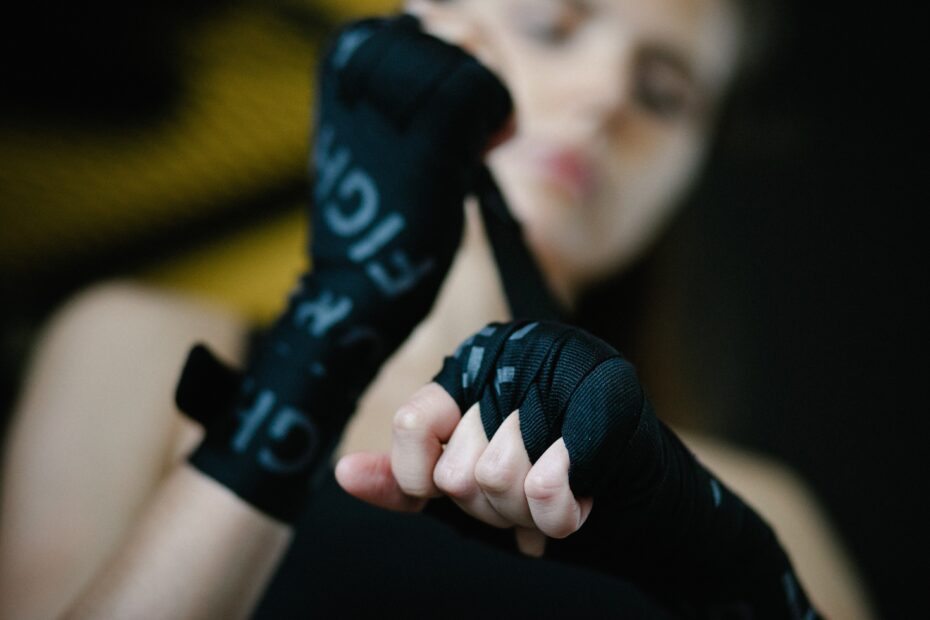Eating the right foods can be a major difference in your performance as a combat sports athlete. Proper nutrition is necessary to be at your best for any combat sport like judo and wrestling. In this article, we’ll cover what combat sports are then go over nutrition tips you can use as a combat sports athlete. Total nutrition makes all the difference in the grind that is combat sports. You’re more likely to be at your best when you stick to best practices for nutrition and wellness.
What are combat sports?
There’s a good chance that you’ve heard of karate, Brazilian Jiu Jitsu, and boxing. They’re all examples of combat sports. You can also add sambo and judo to this list. They’re rooted in self-defense but have an organized sport-aspect to them such as a points system and established rules.
What’s the difference between self-defense and combat sports?

Self-defense and combat sports are not the same. This comes down to the objectives of each being different. Someone training purely for self-defense focuses on surviving an attack and neutralizing an opponent if possible. On the other hand, combat sports are focused on winning within an agreed-upon ruleset. Winning in a combat sports context is accomplished in different ways like knockouts in boxing or outscoring an opponent in point-fighting for tae kwon do. Along with agreed upon rules, combat sports use such as uniforms, gloves, and headgear depending on the combat sport.
5 total nutrition tips for combat sports athletes

These nutrition tips for martial arts are practical and straightforward. If you’re looking for total nutrition tips to help you as a martial artist and combat sports athlete, we have your back. Below are 5 nutrition tips that help you have a healthy and strong body to be the best you can be.
- Get in that protein!: Protein is necessary for your bodily functions and the building/repair of muscles. Your body needs protein to do different things like build bones, muscles, and cartilage. A regular intake of protein is also necessary for healthy skin and blood. There are many sources of protein you can choose from since there are many types of protein available. Some of these protein sources include chicken, lamb, crab, fish, oysters, yogurt, and nuts. You can mix it up to get in a variety of sources of protein such as salads, soups, and more.
- Drink water: Tough training sessions mean you’re losing fluids and electrolytes mostly through sweat. Maintaining a consistent intake of water and electrolytes are necessary to keep your body functioning properly. Water provides multiple benefits for your body including the prevention of cramps, proper brain function, and the detoxification of waste. The good news is you can create a system to remind you to hydrate throughout the day. Do this by scheduling alarms in your phone at different points during the day to tell you it’s time to drink water.
- Maintain an adequate calorie intake: Depending on what your training sessions look like, you could be expending at least 700 calories in a single training session. If you’re struggling to finish a class or any workout, there’s a good chance you’re not getting enough calories. This means you need to eat more calorie-dense food and plan out when you eat your food. You will need to eat every 3-4 hours to maintain your energy level especially if you want to always be at your best.
- You need fats in your diet: Fats are a necessary part of your nutrition plan. You will have an easier time absorbing some vitamins and minerals when you have fat in your diet. Fats also help with muscle movements and blood clotting which is necessary for combat sports. There are many good sources of fats like salmon, walnuts, and avocados.
- Be willing to change up your diet: If something in your current diet plan isn’t working, stop doing it! Give yourself an honest attempt as you do everything from increasing your water intake to eating more protein. Don’t feel like you can only implement one set of diet/nutrition tips. You can also ask your coaches for sport-specific insights on your nutrition.
Altogether, these nutrition tips you’ve read will help you be the best combat sports athlete you can be.
Go train!

It’s time to start implementing the tips you’ve read above! Your success as a combat sports athlete is in your own hands. It’s up to you to do what you can to be the best fighter you can be. What are your favorite combat sports nutrition tips? Let us know in the comments below!
